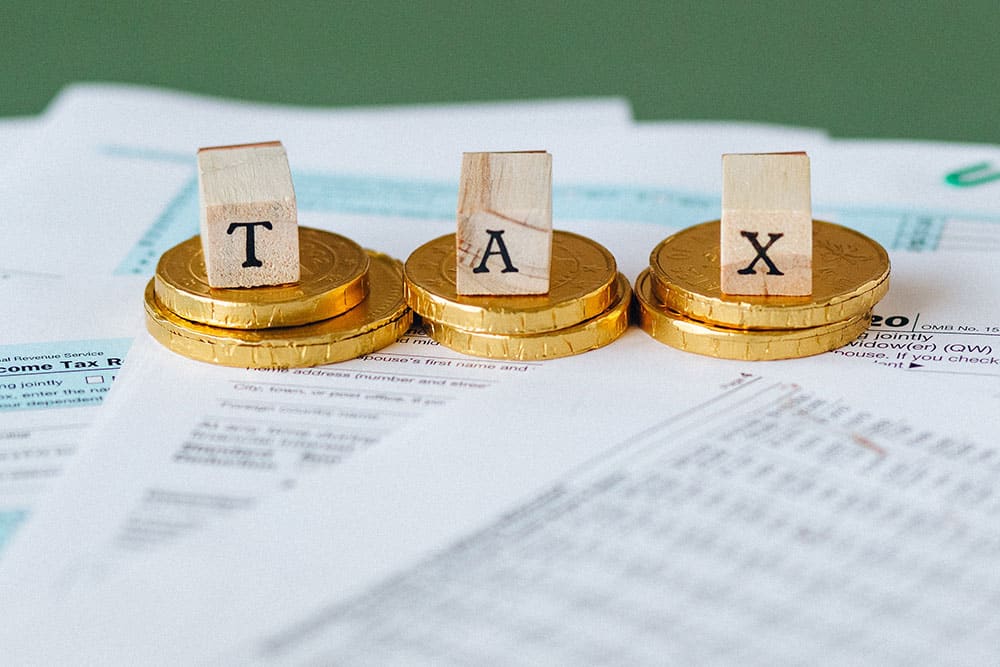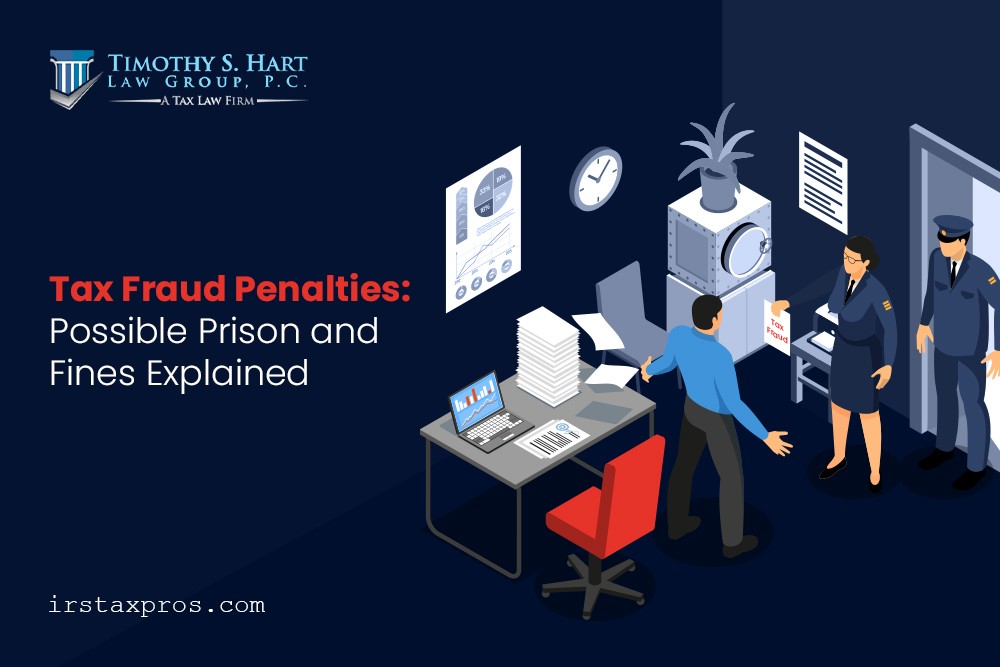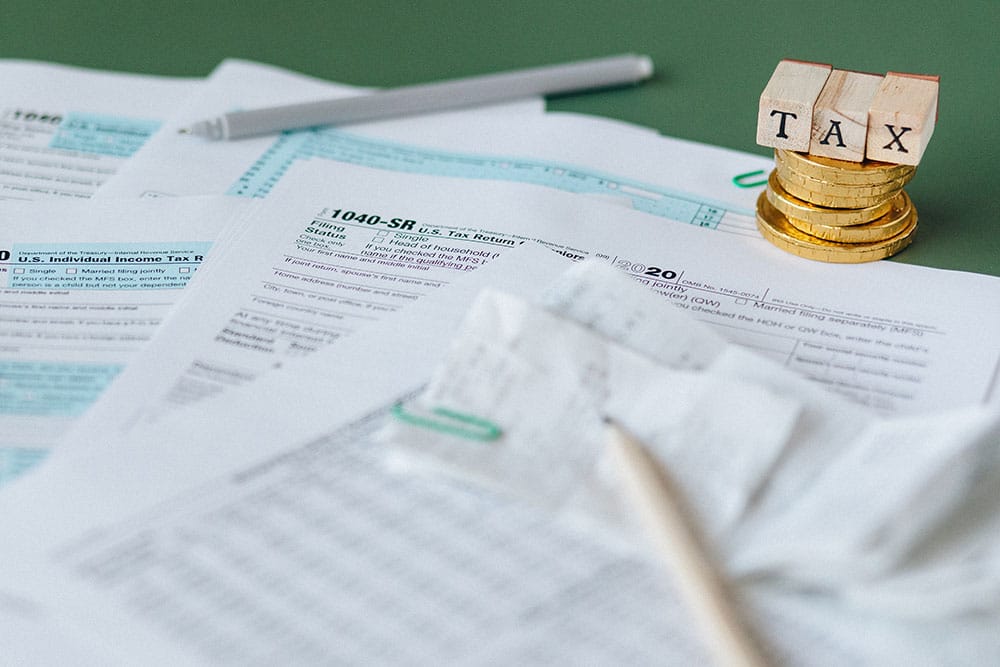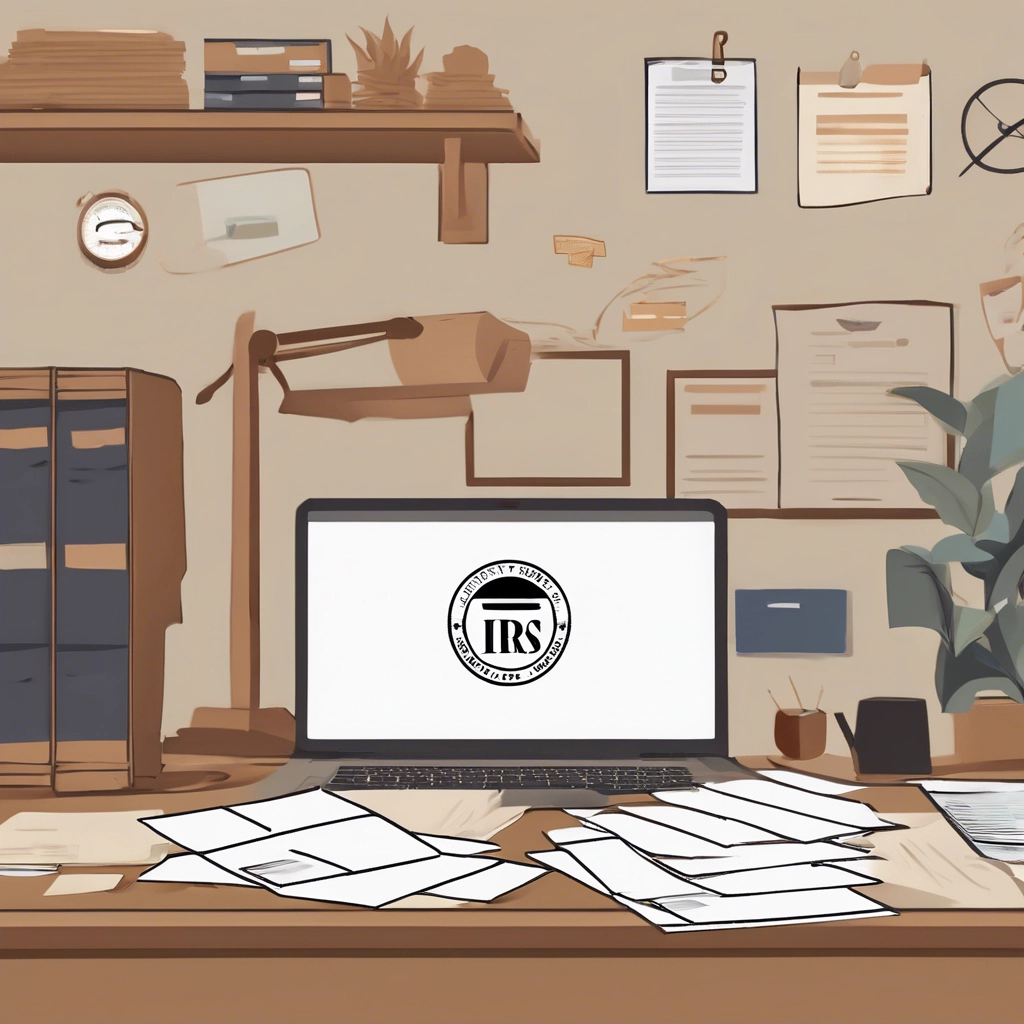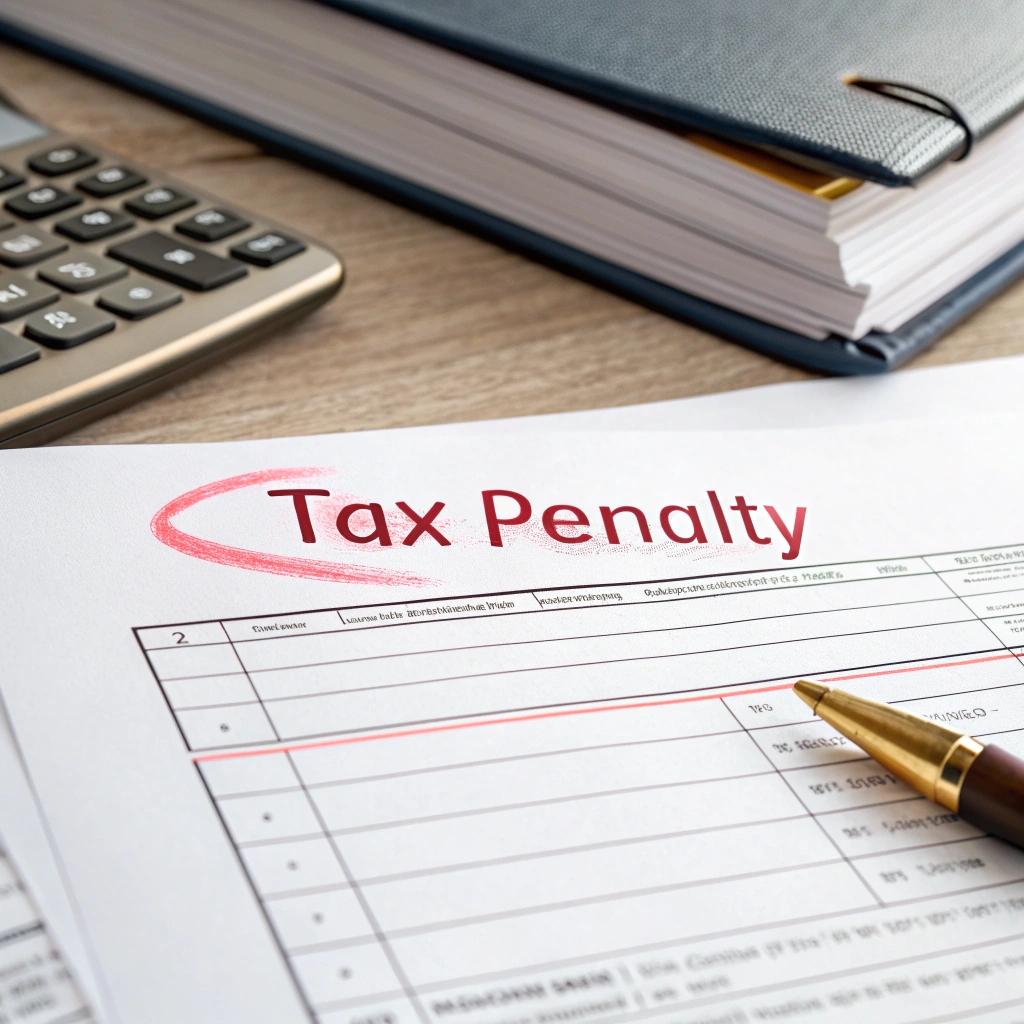
New York State Tax Penalties for Individuals and Businesses
20 April, 2025 | Tax Compliance Tax Penalties Uncategorized
Understanding New York State Tax Penalties: A Comprehensive Guide If you fall behind on your New York State taxes, file incorrectly, or engage in fraud, the Department of Taxation and Finance (DTF) may add a wide range of penalties to your tax bill. By understanding the penalties you may be charged and learning more about the Department’s expectations for taxpayers, you can stay compliant with all state tax requirements and... CONTINUE READING



